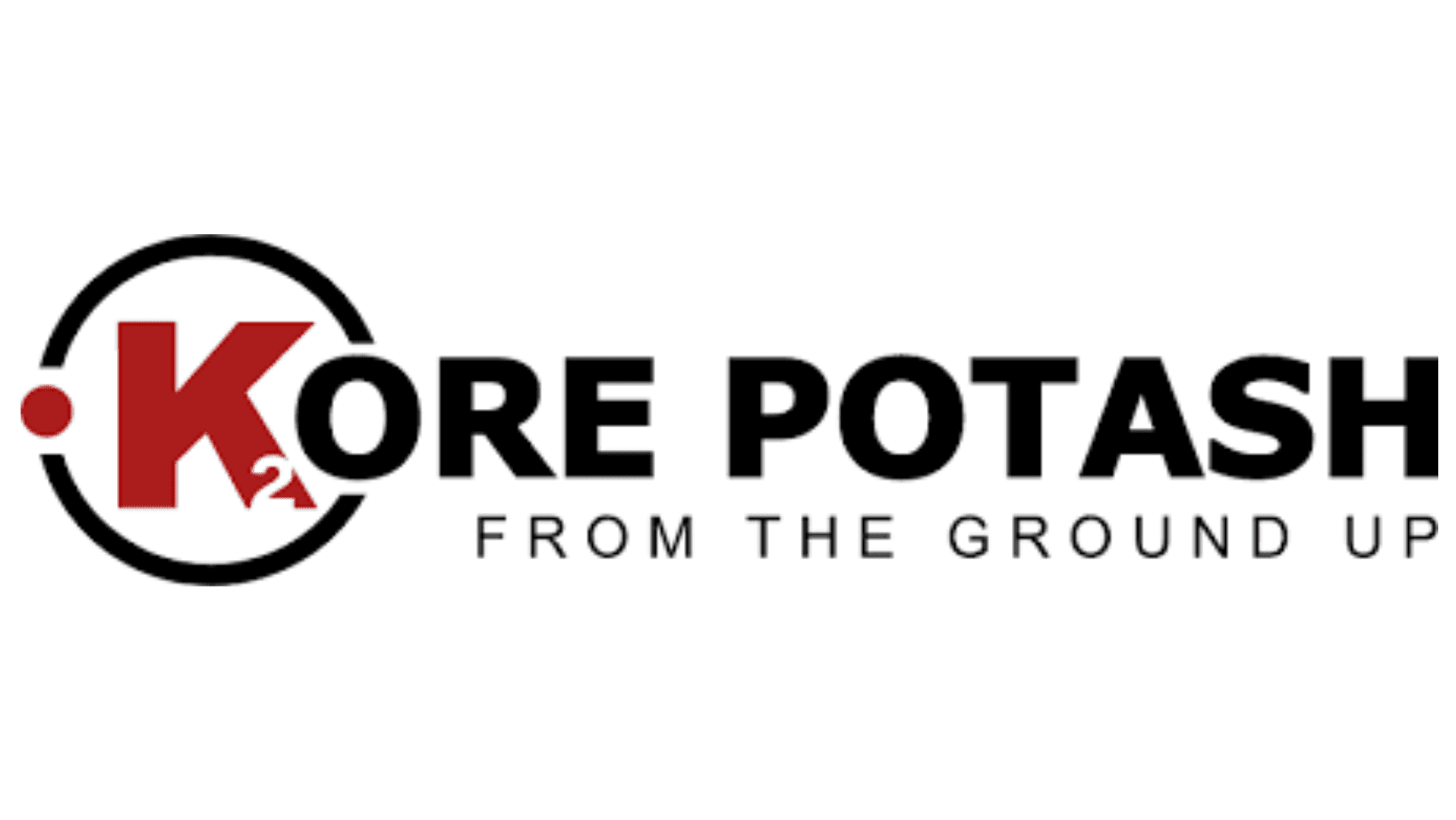Kore Potash plc, a prominent player in the mining industry, recently released crucial information regarding the movements in its Chess Depositary Interests (CDIs) during March 2024. This article delves into the specifics of these movements, their implications, and the broader financial landscape surrounding Kore Potash.
CDI Movement Analysis
The provided data showcases a net decrease of 1,677,436 CDIs during March 2024. This reduction stems from transfers between CDIs quoted on ASX and ordinary shares quoted on AIM and JSE. Such movements often reflect investor sentiment, corporate actions, or strategic realignments within the company.
Implications for Investors
For investors in Kore Potash, understanding CDI movements is crucial. A decrease in CDIs could signify a variety of factors such as profit-taking by shareholders, changes in institutional holdings, or strategic divestments. Conversely, an increase might indicate renewed investor confidence, capital injections, or positive market sentiment.
Financial Analysis
A closer look at Kore Potash’s financials alongside CDI movements provides valuable insights. Despite the decrease in CDIs, the company’s overall financial health, as reflected in its balance sheet, income statement, and cash flow statement, remains pivotal. Investors should consider these factors holistically before making investment decisions.
Comparative Analysis
Comparing Kore Potash’s CDI movements with industry peers or benchmark indices offers a broader perspective. Analyzing relative performance, market trends, and sector-specific challenges can aid investors in assessing Kore Potash’s position within the market landscape and making informed investment choices.
Regulatory Compliance
Kore Potash’s adherence to regulatory requirements, as evidenced by the timely reporting of CDI movements to ASX, showcases the company’s commitment to transparency and governance. Such compliance enhances investor trust and contributes to a robust regulatory environment.
Stakeholder Communication
Effective communication channels, as highlighted in Kore Potash’s contact information, are crucial for stakeholders. Clear and accessible avenues for investor queries, updates on corporate developments, and engagement with regulatory bodies foster a conducive environment for investor relations.
Financial Performance Table
| Metric | March 2024 | February 2024 | Net Change |
|---|---|---|---|
| CDIs Quoted on ASX | 660,338,668 | 662,016,104 | (1,677,436) |
| Ordinary Fully Paid | 3,459,328,452 | 3,457,651,016 | 1,677,436 |
| Option Expiring | 26,900,000 | 26,900,000 | 0 |
Conclusion
In conclusion, Kore Potash’s CDI movements serve as a barometer for investor sentiment and financial performance. Analyzing these movements alongside broader financial metrics, regulatory compliance, and stakeholder communication provides a holistic understanding of the company’s dynamics. Investors and stakeholders alike can leverage this information to make informed decisions and navigate the intricacies of the financial markets effectively.








































